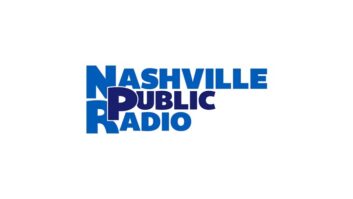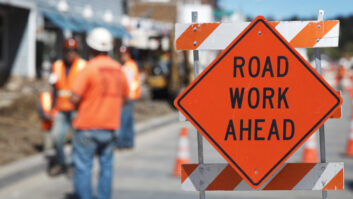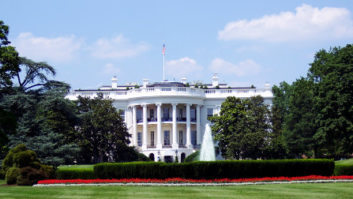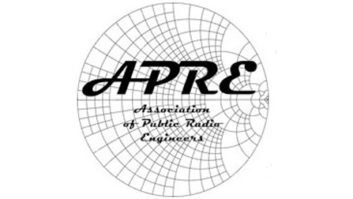The June 20 edition of Radio World featured a story of KKOL(AM)’s battle to stay on the air (“KKOL Fights to Keep Transmitter Site”) that provided some interesting views and comments from Salem Communications Senior Vice President for Broadcast Development Dennis Ciapura.
While U.S. Oil refused to grant an interview to the article’s author Scott Fybush for legal reasons, it has made its views known in the volume of information in public documents filed with the FCC and the U.S. Coast Guard (www.kkol.info).
The oil company makes it clear that its primary issue is the threat to public safety it believes the KKOL operation has created. The oil company’s complaint is unusual and unprecedented, certainly well beyond the usual “NIMBY.” Anyone in the broadcast business has faced interference complaints from time-to-time, particularly those with AM facilities.
AM interference
AM interference can be challenging for several reasons.
Transmitter facilities for AM broadcasting operate most efficiently when most of the radiated signal is directed at ground level where there are people, homes and businesses. This is unlike the radiation from higher-frequency FM and TV transmitting antennas on towers on mountaintops. AM interference is often easily identified on telephones, stereo systems and other audio equipment.
Most interference complaints are simple annoyances that can be readily fixed with low-cost filters. Occasionally the interference can be more than a nuisance when it causes a business interruption, when for example, the interference interrupts an industrial control process that reduces or halts productivity. RF interference is even more serious when it creates a significant risk to life or property, as it apparently has in the case of KKOL.
The oil company has said in its statements to the FCC that its primary concern is that the signal from the KKOL transmitter be reduced at the U.S. Oil loading dock so that it is not a potential ignition source for the highly combustible materials being handled at the dock.
The oil company says that with measurements it has made on the cranes at its dock, the signal from KKOL should be less than 0.5 V/m to reduce the risk of an explosion to an acceptable level. At this level, the signal covering the city of license, Seattle, would be substantially less than the city-grade signal required by the FCC. Even with KKOL’s licensed daytime power of 50 kW, the station needed a waiver of the FCC rules requiring the city grade signal.
The oil company arrived at the 0.5 V/m limit by actually measuring the energy induced in the cranes used in the off-loading process at the dock, and comparing the measurement with a published industry standard minimum required for explosive ignition.
The oil company also has expressed its concern for its refinery process and the potential that the KKOL signal could cause malfunctions in the complex control and monitoring system. The refinery operates continuously around the clock, and any interruption to the process flow could not only reduce product output, but cause a potentially disastrous situation. The greatest danger of fire and explosion in a refinery occurs as processes are shut down and started up as a result of planned or unplanned interruption.
Precedence
There is recent precedent for the FCC to rescind the license of a broadcast operation because of interference creating a threat to public safety.
In 2005, at the request of the FAA, the FCC ordered the shut-down of a KVMA(FM) transmitter in Oil City, La., because of interference being caused to radio navigational aids located at Barksdale Air Force Base. The station was unable to sufficiently reduce interference on an ILS frequency, making the landing system unusable.
In another case, the FCC has required station KIQI(AM) in Oakland, Calif., to reduce its power to 5 kW at the request of the nearby Army Terminal when unloading volatile fuel or explosives, and to reduce power to 1 kW in the event of a declared war or national emergency.
The U.S. Coast Guard has told the oil company it may not use the dock facility for tanker operations if the KKOL signal exceeds 0.7 V/m at the dock.
My interest in the new KKOL transmitter site in the Port of Tacoma is that of a broadcast engineer and journalist. I worked with KKOL as an independent developer when Salem Communications acquired the historic Seattle station in the late 1990s, and I was instrumental in creating the temporary KKOL shipboard facility in Seattle (www.dalke.com/kkol).
Known for many years as KOL, the station has a colorful history going back to its origins as one of Seattle oldest radio stations. The station went on the air in 1922, and for more than 60 years broadcast from its landmark tower on Harbor Island near downtown Seattle. (www.1300kol.com/1300kolhistory.html)
As a broadcast engineer and a member of the Society of Broadcast Engineers, I have a duty to be constantly aware of dangerous or life threatening conditions related to broadcast facilities. I also have a particular interest in the safety of life issues surrounding KKOL because my daughter and seven grandchildren make their home near the Port of Tacoma facility.
This case is far from over and the implications are major. The result could mean changes in FCC rules related to RF interference as well as changes in Coast Guard regulations related to dangerous cargo handling in local port facilities.







